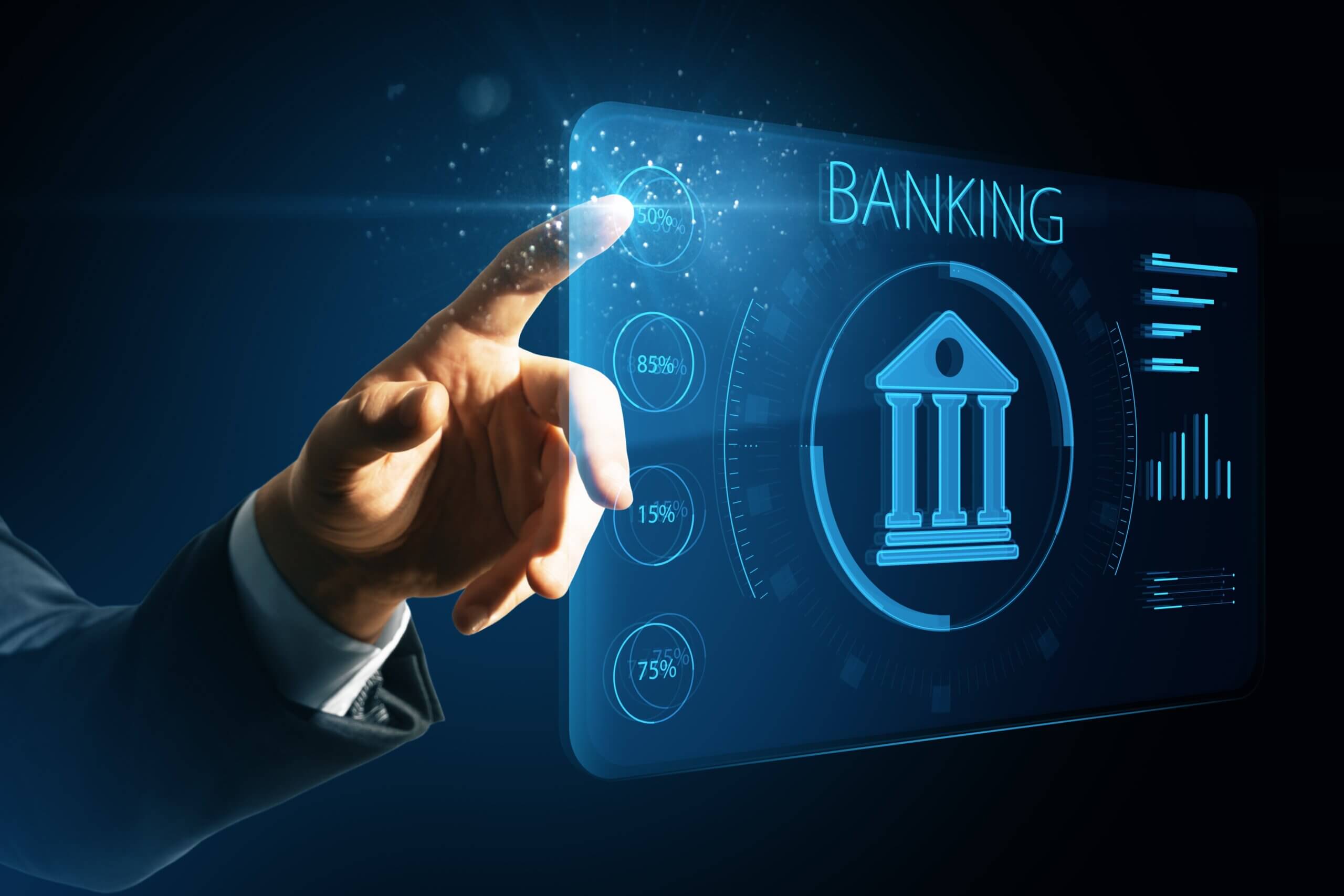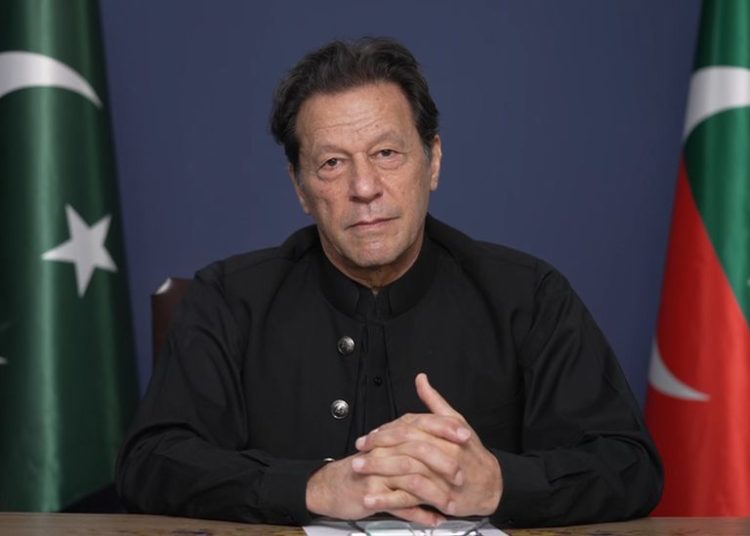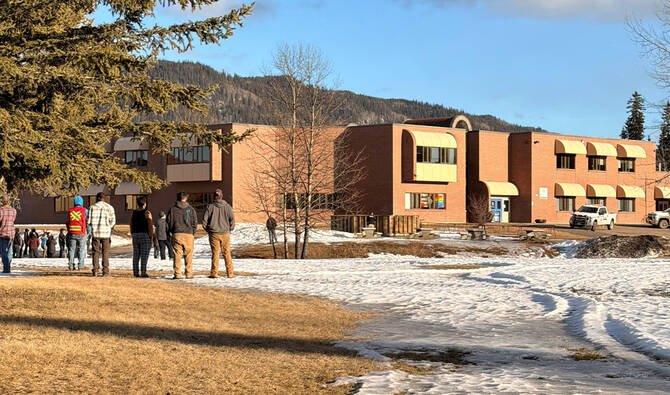In a decisive move to modernize Pakistan’s financial landscape, Prime Minister Shehbaz Sharif on Thursday directed a doubling of national targets for digital payments, setting the stage for a bold transformation toward a fully cashless economy.
Chairing a high-level weekly meeting focused on digital and cashless initiatives, the Prime Minister emphasized that digital transactions are key to boosting economic transparency, curbing corruption, and improving ease of doing business. He called for immediate improvements in public awareness and the simplification of digital payment systems for citizens and businesses alike.
“Digital payments must become easier and more accessible than cash,” said PM Shehbaz Sharif, underscoring the urgency of embracing fintech solutions across all sectors.
Ambitious New Targets Set for 2025 Officials briefed the Prime Minister on Pakistan’s rapidly growing digital footprint, noting that current users of digital payment apps — standing at 95 million — are projected to rise to 120 million. Likewise, QR-code-enabled merchants are expected to jump from 900,000 to 2 million.
But the Prime Minister wasn’t satisfied with incremental growth. He demanded the doubling of all targets, including the value of digital transactions, which currently stands at Rs7.5 billion and is forecasted to reach Rs12 billion.
Institutional Support to Drive Transformation To operationalize these goals, the meeting approved the establishment of three strategic committees:
Digital Payments Innovation and Adoption Committee
Digital Public Infrastructure Committee
Government Payments Committee
These bodies have been tasked with crafting and implementing national strategies to accelerate Pakistan’s digital economy transition, improve access to payment systems, and enhance the use of digital infrastructure in both public and private sectors.
The State Bank of Pakistan (SBP) is also finalizing a roadmap to ease digital payments for traders and small businesses, which includes introducing a simplified and attractive digital package for market adoption.
Major Projects Under the ‘Digital National Pakistan’ Banner The drive is part of the broader “Digital National Pakistan” initiative, which seeks to lay the foundation for a technology-powered economy. A flagship Digital Economy Project has already been launched, aiming to digitize key areas of governance, commerce, and taxation.
One standout success is the Islamabad City App, which has been downloaded over 1.3 million times, offering 15 government services and generating Rs15.5 billion in revenue for the Islamabad Capital Territory’s Excise and Taxation Department.
Meanwhile, progress continues on the Digital Pakistan ID Project and the e-Stamping System for Islamabad. Plans to expand free Wi-Fi services in public hospitals, schools, government offices, parks, and Metro Bus corridors are in full swing, with instructions to extend these services to Azad Jammu and Kashmir and Gilgit-Baltistan as well.
Cabinet-Level Backing and Multisectoral Commitment The meeting brought together key decision-makers, including Federal Minister for IT Shaza Fatima Khawaja, Petroleum Minister Ali Pervaiz Malik, Minister of State for Finance Bilal Kayani, and the Prime Minister’s Advisor Dr. Tauqir Shah.
The unified push from the top levels of government reflects a growing political consensus that Pakistan’s future lies in embracing digitalization — not only as a tool for convenience but as a cornerstone of economic reform, transparency, and competitiveness on the global stage.
As the Prime Minister doubles down on his commitment, Pakistan now finds itself at a pivotal juncture: transitioning from a cash-heavy society to a forward-looking digital economy poised to redefine financial inclusion and governance efficiency for millions.
















